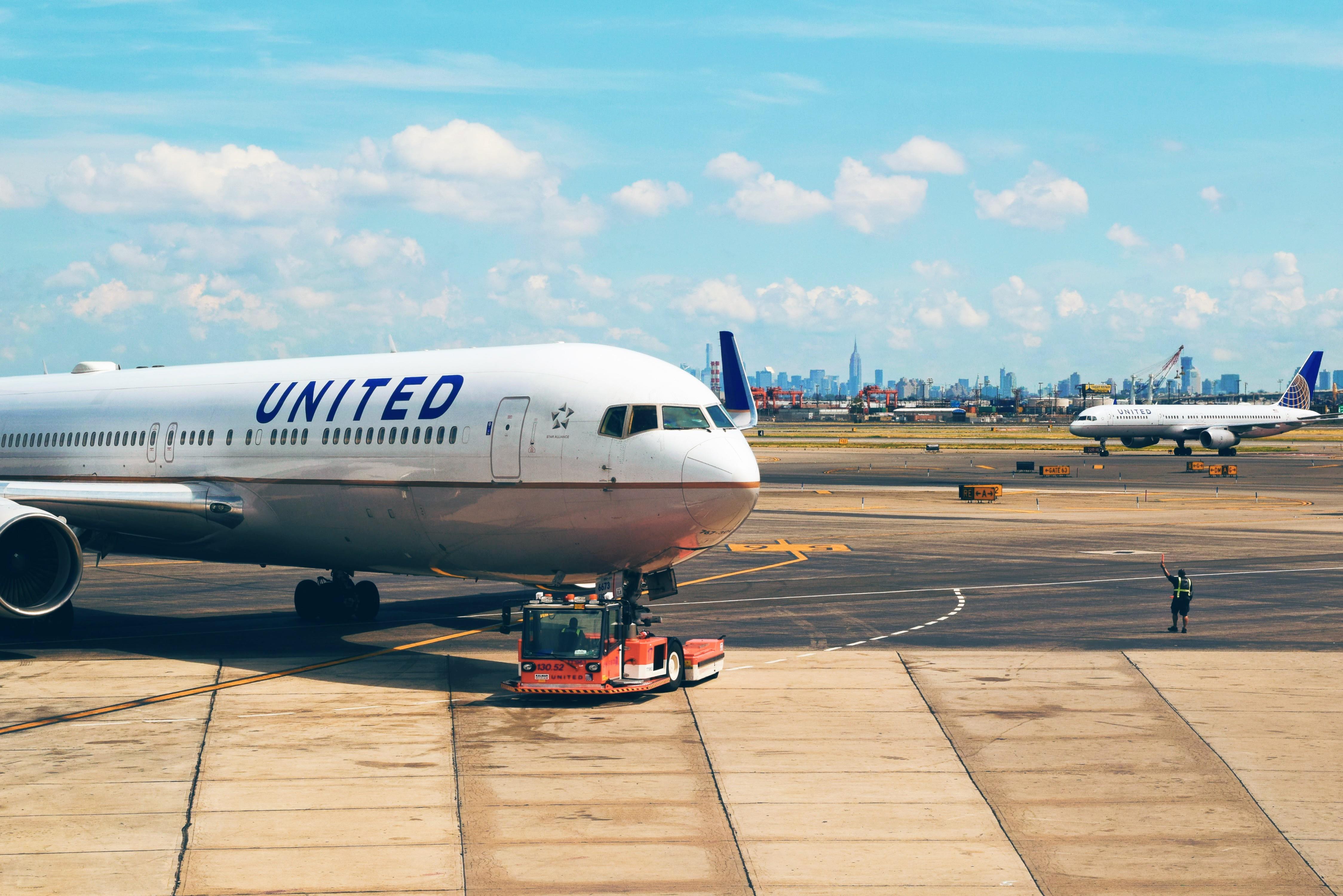Liam Fitzpatrick, Communications Consultant, asks what B2B Australian marketers can take from the latest United Airlines brand crisis
Over the last 24 hours United Airlines has become the most talked about brand globally. Viral videos. Trending on social media. However for CEO Oscar Munoz, recently crowned Communicator of the Year, it was for all the wrong reasons.
In short, United overbooked its flight from Chicago to Louisville. To accommodate its four additional travelling airline personnel, compensation was offered to randomly-selected ‘volunteers’ already on the plane. Three out of the four accepted, a doctor refused. In line with company procedure, Aviation Security Officers physically removed this customer.
Disturbing camera phone footage of the incident shows the officers assaulting the man before dragging him from his seat through the aisle of the plane. Very far from the customer experience most would expect.
A shot at redemption though lie in United’s response to the events. It was a chance to demonstrate the company’s values in full view of the world.
Which is why it was a little surprising that someone awarded for his aptitude in this area, failed to show any empathy and ended up sounding like a robotic lawyer.
United CEO response to United Express Flight 3411. pic.twitter.com/rF5gNIvVd0
— United (@united) April 10, 2017
He talks of how upsetting it was for ‘all of us here at United’. But when your company causes distress and physical harm to your customers you should apologise to them – both to those directly affected and to those who witnessed the events. The statement feels cold, it passes on blame and comes across as unrepentant. Where is the commitment to reform?
For those of us in Australian comms it brings a reminder of how not to respond in a crisis. Here are five simple rules to remember:
1) No brand story is local. These events may have taken place in Chicago, but with global media reporting on the story and international online petitions, it’s clear your customers don’t follow your domestic boundaries.
2) Heads will roll. Your first statement is a chance to show you understand the gravity of a situation and you’re doing everything in your power to resolve it. The CEO’s apology for having to ‘reaccomodate’ passengers feels as if it came from his legal team – it lacks appreciation for what has happened to one of his customers. We’re all human, so when seeking forgiveness, it’s appropriate to speak like one.
3) Own the situation. Admit when you’ve made a mistake. And when overseeing any incident it’s vital you have all of the information possible before engaging in comms internally or externally. It will allow you to answer questions, alleviate concerns and appear like you care. It will also prevent you having to use the phrase ‘while the facts are still evolving’ in a letter to your employees a day later.
4) Communication lines are vital. Open dialogue shows a company willing to be transparent with its customers, as opposed to one which refuses to comment on a situation even deferring to a police department not even involved in the incident. You should demand information from all sides, not just your own, to find out what happened. That way your resolution can at least appear informed.
5) Live your values. If your customer commitment says you will notify travel itinerary changes in a timely manner, probably best not to be asking those sat on a plane to get off and wait for another flight tomorrow. This is a chance to investigate your procedures, make changes, and ensure there’s no repeat of these events. Time to publicly demonstrate your company values, instead of paying them lip-service at the end of a statement.
Update: United Airlines had to expect a reaction from competition and here it is:
Southwest changes slogan in wake of #United pic.twitter.com/fnNf5NtRo2
— Jordan (@jordansammy) April 11, 2017
Further Update: Someone managed to convince United to actually apologise and set a timetable for investigating how they screwed up and how they will change procedure. $1bn wiped off market value and all a little too late.
United CEO Oscar Munoz: I’m sorry. We will fix this. https://t.co/v8EPGsiDCi pic.twitter.com/eOPiYcagvo
— United (@united) April 11, 2017
